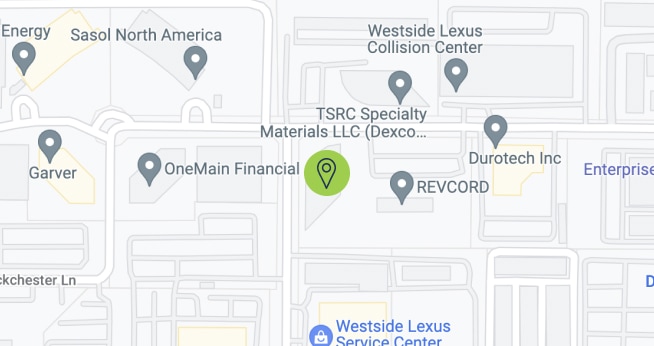How are financial damages determined in a personal injury case?
The damages that can be recovered in a personal injury case depend upon the severity of the actions of the negligent party.
Following a truck, car, machinery or other accident or incident, an assessment of damages that can be recovered by the victim would be performed after the following issues are established:
- Negligence — duty or breach of duty
- Causation — the injury sustained was a result of the accident/negligence
- Or medical negligence due to physician or surgeon mistake
Typical damages that are recoverable in injury cases include:
- Past and future physical pain and suffering
Physical pain includes so much more than just the onset of pain you experienced at the time of the wreck or accident. It includes the pain you endured when having broken bones reset, or undergoing a series of skin grafts due to serious burns, or any number of medical procedures necessary to treat the injuries you suffered as a result of someone’s negligence. - Past Medical Expenses
Your medical bills may remain unpaid or you may be entitled to be reimbursed for the expenses you incurred as a result of the treatment you need for your injuries. You may also recover future medical expenses to treat ongoing or long-term conditions brought about by your injuries. - Punitive (Exemplary) Damages
In some cases where a person or company’s negligence is extreme punitive damages may be awarded over and above compensatory damages. An example would be an employee who is seriously injured or killed while working for an industrial or construction company who refuses to provide safe working conditions or safety training to their workforce. - Past and Future Disfigurement
Disfigurements include scars and scarring resulting from lacerations received in the accident or post-operatively. Disfigurement may also occur as a result of loss of limb or appendage, or improperly healed fractures. - Past and Future Physical Impairment
Such impairments may limit your ability to take care of yourself, tend to your normal daily routine, go to work, drive a car, walk, run, or participate in other activities you enjoyed prior to being injured in an accident. Physical impairment may be temporary, permanent, or long-term. - Loss of Past Wages
Loss of past wages is not limited to recovery by the injured person. In the event of a wrongful death action, a decedent’s lost wages may be recovered by the widow or widower or parent or heirs at law. - Loss of Future Earning Capacity
Just like past wages, this loss is not limited to recovery by the injured person. In the event of a wrongful death action, a decedent’s loss of future earning capacity may be recovered by the widow or widower or parent or heirs at law. - Loss of Consortium
Sometimes the injuries to one person are so severe it injures the relationship within the family. Loss of consortium has been defined in Texas as an emotional and intangible element in a marital relationship so it is broad enough to include a wide variety of elements. It can therefore include the loss of:- the mutual right of spouses to affection
- assistance
- comfort
- companionship
- solace
- Loss of Household Services
In some cases, one spouse may be entitled to compensation for loss of domestic service typically performed by the other spouse.
An accident or injury can be damaging in so many ways beyond the physical. Allow us to be your guide in obtaining your restitution.












